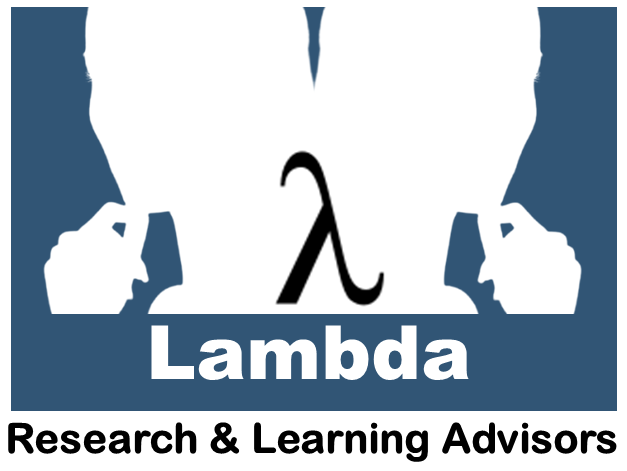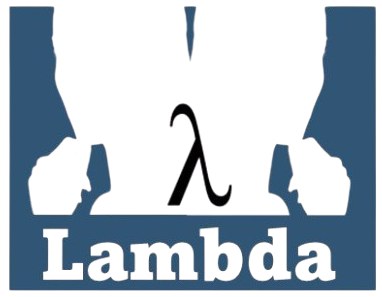In the dynamic and complex world of international development, organizations face constant challenges in addressing systemic issues like poverty, education, health inequities, and climate change. One of the most impactful shifts in recent decades has been the emphasis on rigorous evaluation and learning to enhance accountability, improve programs, and maximize impact. By partnering with skilled evaluation and learning experts, international development organizations have been able to transform their approaches, ensuring interventions are not only well-intentioned but also effective.
The Rise of Rigorous Evaluation in International Development
Traditionally, international development efforts were often driven by intuitive approaches, historical precedence, or donor preferences. While these methods achieved some success, they frequently lacked the depth of evidence needed to assess long-term impact or scalability. The rise of rigorous evaluation methodologies—such as randomized control trials (RCTs), mixed-methods research, and participatory evaluations—ushered in a new era of data-driven decision-making.
Rigorous evaluation and learning partners have played a pivotal role in this shift by:
- Providing Expertise: Offering advanced technical skills in evaluation design, data collection, and statistical analysis.
- Promoting Evidence-Based Decision-Making: Ensuring that interventions are rooted in empirical evidence rather than assumptions.
- Facilitating Adaptive Learning: Encouraging iterative improvements based on real-time feedback and outcomes.
Transformative Impacts on the Sector
The integration of evaluation and learning partnerships has yielded transformative impacts across the international development sector:
1. Accountability and Transparency
Evaluation partners help organizations demonstrate accountability to donors, stakeholders, and beneficiaries. Through rigorous evaluations, programs can provide credible evidence of their impact, fostering trust and attracting further investment.
2. Improved Program Design and Implementation
Learning partners work alongside development practitioners to assess what works, what doesn’t, and why. This evidence is then used to refine program designs, target resources effectively, and avoid common pitfalls. For example, evaluations of microfinance initiatives have helped identify specific conditions under which these programs thrive, leading to more targeted applications.
3. Scalability and Replicability
Evaluation partnerships enable organizations to identify successful interventions that can be scaled or replicated in other contexts. Innovations like cash transfer programs or community-led sanitation initiatives have been scaled globally due to robust evaluation evidence showcasing their effectiveness.
4. Empowerment of Local Communities
Modern evaluation practices emphasize participatory methods, involving local communities in data collection and interpretation. This approach ensures that programs align with the needs and perspectives of the communities they aim to serve, fostering greater ownership and sustainability.
5. Cross-Sector Collaboration
Learning partners often bridge the gap between researchers, practitioners, and policymakers. By synthesizing findings across sectors, they promote integrated approaches to tackling complex development challenges.
Case Studies: Evidence in Action
- Conditional Cash Transfers in Latin America
Evaluation partners worked with governments to rigorously assess conditional cash transfer programs like Mexico’s Progresa/Oportunidades. The findings revealed significant improvements in school attendance and health outcomes, leading to widespread adoption of similar programs globally. - Deworming in Kenya
In partnership with academic researchers, international NGOs evaluated deworming programs in Kenyan schools. The results showed remarkable long-term impacts on education and earnings, leading to policy changes and increased funding for deworming initiatives worldwide.
Challenges in Evaluation and Learning Partnerships
Despite their benefits, these partnerships are not without challenges:
- Resource Constraints: High-quality evaluations require significant investment, which can be a barrier for smaller organizations.
- Cultural Sensitivity: Ensuring that evaluation methods are culturally appropriate and inclusive is crucial but complex.
- Balancing Rigor and Practicality: Striking the right balance between academic rigor and actionable insights remains a constant challenge.
The Path Forward
The transformation driven by evaluation and learning partners has laid a strong foundation for more effective international development. However, the sector must continue evolving by:
- Investing in capacity-building for local evaluators and researchers.
- Leveraging technology, such as data analytics and artificial intelligence, to enhance evaluation efficiency.
- Encouraging a culture of continuous learning and adaptation across all levels of organizations.
Rigorous evaluation and learning partnerships have revolutionized international development, turning good intentions into measurable outcomes. By fostering accountability, enhancing program design, and promoting adaptive learning, these partnerships have helped the sector achieve greater impact and sustainability. As the world faces increasingly complex challenges, the role of evaluation and learning partners will only grow in significance, ensuring that development efforts remain grounded in evidence and driven by a commitment to meaningful change.

Felix Rutayisire is a researcher and evaluation specialist with expertise in international development, global governance, and evidence-based policy analysis. His work focuses on monitoring and evaluation, institutional effectiveness, and the implications of global policy shifts for development practice in Africa and beyond.

